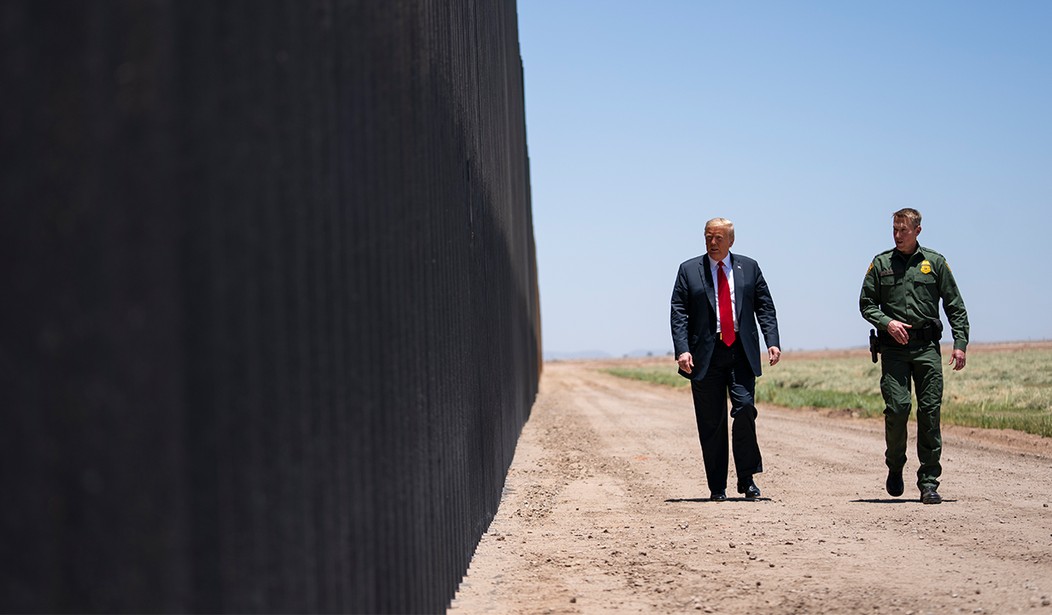The Trump administration intends to further restrict immigration for work purposes until the end of the year, citing coronavirus recovery as the primary reason. Effective on Wednesday, the policy suspends visa privileges for temporary and non-agricultural migrant workers, with exceptions for individuals who fulfill national security interests, including health and food supply chain workers. The order follows legislation issued on April 22 that introduced 60-day restrictions on immigrant visas but excluded asylum seekers and temporary workers.
“Under the extraordinary circumstances of the economic contraction resulting from the COVID-19 outbreak, certain nonimmigrant visa programs authorizing such employment pose an unusual threat to the employment of American workers,” the report reads.
Simply put, the United States needs more recovery time. Data from the Bureau of Health and Labor Statistics regarding the severity of the economic downturn indicates a 13.3% unemployment rate in May that, though an improvement over the previous month’s statistic, is still one of the highest in recent history.
Anyone with an H-1B or H-2B visa, some L visa holders, and some J visa holders will be barred from the country until December 31, 2020. Individuals in these categories include exchange visitors like au pairs and exchange students, executives from foreign companies, maintenance workers, and highly-skilled STEM workers.
The same day, United States Citizenship and Immigration Services (USCIS) also announced stricter measures for determining qualifications for asylum seekers in order to prevent fraudulent acquisition of Employment Authorization Documents.
Those who currently hold migrant worker status will not be affected. “The U.S. will continue to honor these already valid visas as we help American workers get back on their feet,” USCIS Deputy Director for Policy, Joseph Edlow, assured.
Recommended
Nine Republican Senators submitted a letter of dissent, arguing that a need for temporary and seasonal labor is all the more pronounced among American businesses that are struggling to regain their economic footing amidst the coronavirus-induced national calamity.
Many tech industry leaders are also objecting to the restrictions.
Immigration has contributed immensely to America’s economic success, making it a global leader in tech, and also Google the company it is today. Disappointed by today’s proclamation - we’ll continue to stand with immigrants and work to expand opportunity for all.
— Sundar Pichai (@sundarpichai) June 22, 2020
The White House touted the June 22 legislation as focused on a “merit-based immigration system” to prioritize “high-skilled workers” and “protect American jobs.”
The Migration Policy Institute estimates that 219,000 workers would be blocked between July and December, but admitted that the number includes dependents of individuals who enter on temporary worker visas. The actual worker total would be 174,000, according to the estimates.
Americans in need of employment will clamber to fill available job spots, despite a prevailing narrative that there are certain kinds of jobs Americans don’t want to do. The Center for Immigration Studies found in 2010 that “Use of the H-2B program has morphed from its original intent to help employers that need seasonal and/or temporary workers. The majority of the program’s current users are neither small nor seasonal employers, but rather mid- to large-sized companies and recruiters that petition for H-2Bs to work for 10 months out of the year, year after year.”
These kinds of stable, well-paying jobs would entice any American, pandemic or not.

























Join the conversation as a VIP Member